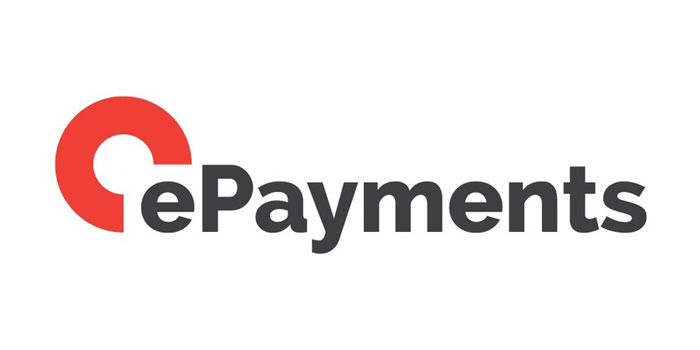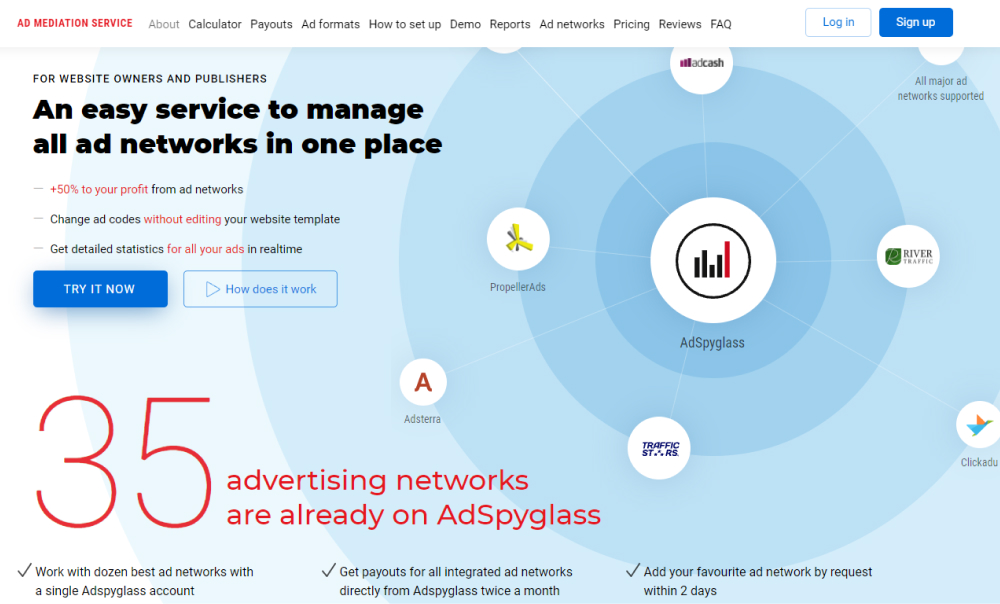On February 12th, 2020, ePayments electronic payment service has been blocked. Millions of customers around the world have been left without the opportunity to send or receive payments online or with ePayments debit/credit cards. Let’s find out what’s happened and check the alternative solutions.
ePayments is a widely used electronic payment system that’s licensed in the UK and allows for issuing IBAN accounts and bank cards for regular users, businesses and online merchants. In July 2018, it has become the first company to use Passport authorization in Telegram messenger. The company fully protects users’ funds, and many of them have to go through a complicated KYC procedure, which boosts the security.
However, that didn’t save ePayments from serious legal problems.
No more payments?
On February 11th, ePayments has agreed with the Financial Conduct Authority (British regulator) that it will suspend all activity on the customers’ accounts. Such a decision was made after the regulator had found the signs of money-laundering operations.
Since January 10th, 2020, FCA turned into the United Kingdom’s only AML authority in the field of crypto business. Evidently, ePayments wasn’t able to prove its compliance with Anti Money-Laundering standards in the course of one month.
The regulator plans to introduce even harsher AML and a few other requirements, which means ePayments has a lot of work ahead, and they have to settle up all issues as soon as possible because it concerns millions of users and billiards of USD on their accounts.
Clients haven’t been notified
The problem appeared out of nothing – ePayments didn’t place any warnings on the official website. Email notifications haven’t been sent either. That embarrassed millions of users from all over the world, especially in CIS countries.
ePayments was one of the most convenient and cost-efficient tools for fiat/crypto and crypto/fiat exchanged. The suspension of service is a real issue for freelance workers and businesses.
Will ePayments come alive?
It depends on FCA requirements and how long it will take ePayments to go through the compliance procedures. Most likely, debit and credit cards of regular users will be unblocked in a few weeks. The other functions will be available later – in several months, the requirements will get stricter. At the moment, the company is negotiating with the regulator.
Any alternatives?
The exact alternative options depend on the country of the user’s residence. They include:
- Payoneer allows for convenient invoicing, issues bank cards and supports several currencies;
- Bitcoin, Litecoin, and Ethereum are the most widely used options for cryptocurrency payments;
- PayPal is used for online transactions around the world (the transfers between PayPal accounts are free of charge);
- WebMoney is a popular alternative among users from CIS countries – it supports various fiat currencies and has recently added a few instruments for cryptocurrency exchange;
- Payeer is an international online payment platform and wallet that’s available in 200+ countries;
- Advcash also issues bank cards, allows for making online payments and exchanging fiat currencies instantly.
- Paxum is a Canadian payment processing platform that allows for generating invoices and issuing a debit/credit payment card.
- Capitalist allows making mass payments to bank accounts, electronic wallets, and credit cards without opening accounts in other payment systems.
While ePayments is solving the issues with AML compliance, customers are searching for other ways to send and receive payments. Most likely, the service will be available in March. Meanwhile, users are switching to other popular online payment systems and cryptocurrency exchange & trading platforms like Binance and Coinbase.








